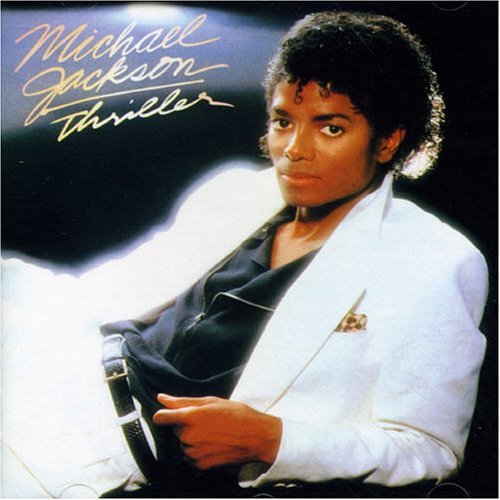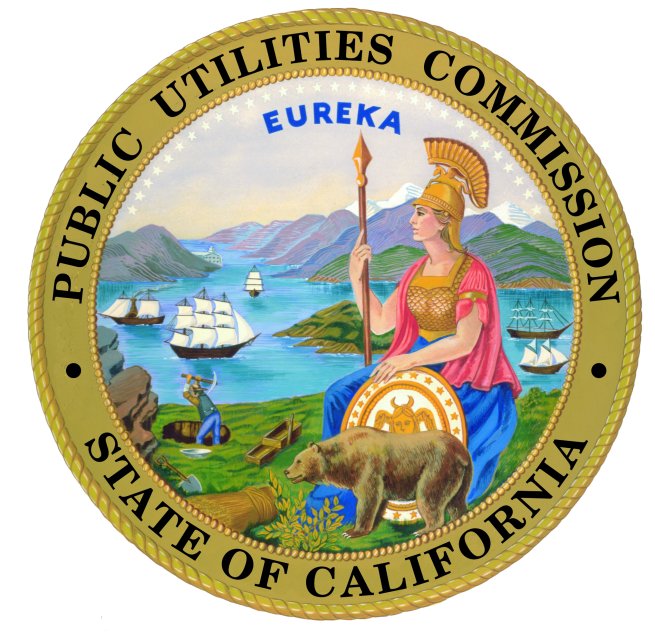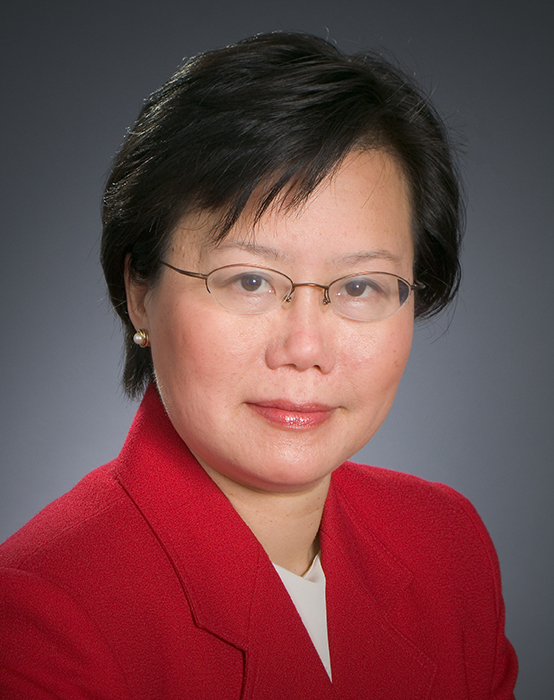In 1983, while I was still in Junior High School, the California State Legislature passed into law the “Gwen Moore Telecommunications Act” which, among other things, based on the idea that all people, regardless of their financial means, should have the ability to have basic telephone service, directed the California Public Utilities Commission (PUC) to create a tax on all phone bills, and the money collected from that tax would then be used to significantly subsidize basic phone service for those who fall below a certain financial income level – this is called the “Lifeline” Program.
As FlashReport readers might suspect, as a conservative columnist, I think that such radical “wealth redistribution schemes” are un-American, and represent yet another example of the expansion of the right to life, liberty and happiness by the political left. Unfortunately, this 1983 law is just one example of thousands of pieces of legislation passed over the years that contribute to California being one of the most expensive places to live and work in our country.
You may wonder why I am bringing up a piece of legislation that is as old as Michael Jackson’s  Thriller album. I guess the first reason is that it gives me a specific excuse to project public pity on the poor members of the PUC. While they are in tremendously powerful positions as the PUC makes a vast amount of regulatory decisions, they are also terribly hamstrung in trying to provide government oversight of the state’s public utilities with more restrictions and directions on them than you can possibly imagine. The second reason is because my curiosity was piqued when I read an item in a recent piece by San Francisco Chronicle columnist C.W. Nevius in which he was lamenting that proposed changes in the Lifeline Program by the PUC would result in San Francisco’s poor ultimately finding their phone service costs increasing significantly. As will often happen, I started to “burrow down” to find out more about the Lifeline program, and potential changes being proposed.
Thriller album. I guess the first reason is that it gives me a specific excuse to project public pity on the poor members of the PUC. While they are in tremendously powerful positions as the PUC makes a vast amount of regulatory decisions, they are also terribly hamstrung in trying to provide government oversight of the state’s public utilities with more restrictions and directions on them than you can possibly imagine. The second reason is because my curiosity was piqued when I read an item in a recent piece by San Francisco Chronicle columnist C.W. Nevius in which he was lamenting that proposed changes in the Lifeline Program by the PUC would result in San Francisco’s poor ultimately finding their phone service costs increasing significantly. As will often happen, I started to “burrow down” to find out more about the Lifeline program, and potential changes being proposed.
 Above I summarized in one sentence the essence of the Lifeline Program – subsidizing phone service for the poor (although I am not sure it is politically correct to call the poor by that name anymore – I think I am supposed to call them economically disadvantaged – whatever). If you look at your phone bill (land line or wireless) you will see a “Lifeline Fee” – that is your tax to pay for this program. On my latest cell phone bill, I contributed $2.59 to help someone else pay for their basic phone service. Poor people don’t get “free” service, but they do get to have a basic land line that can make local calls in their home for about $6 a month (this rate includes a subsidy from a federal version of Lifeline that is also redistributing wealth around all 50 states).
Above I summarized in one sentence the essence of the Lifeline Program – subsidizing phone service for the poor (although I am not sure it is politically correct to call the poor by that name anymore – I think I am supposed to call them economically disadvantaged – whatever). If you look at your phone bill (land line or wireless) you will see a “Lifeline Fee” – that is your tax to pay for this program. On my latest cell phone bill, I contributed $2.59 to help someone else pay for their basic phone service. Poor people don’t get “free” service, but they do get to have a basic land line that can make local calls in their home for about $6 a month (this rate includes a subsidy from a federal version of Lifeline that is also redistributing wealth around all 50 states).
Trying to write about the intricacies of the regulation of telephone service in California in an abbreviated format, such as a column, is impossible. I could write an entire novel on the subject, assuming that I could actually understand all of it. Just an attempt to get one’s hands around the vast, bizarre web of laws and regulations on California phone service actually leaves you wondering at the end of the day that there is a dial tone on the end of the line when you pick up a phone. I can tell you this, as a conservative, when you try to write about just a part of it, it’s tricky because the issues aren’t conveniently the black and white of whether to regulate, or not – rather you get into the quagmire of which regulation makes more sense than another, or if you are going to have a regulation, how do you at least ensure that it, well, makes the most sense in how it is applied.
 Such is the case with a proposal by one of the members of the PUC, Rachelle Chong (pictured), that would say that this Lifeline plan should be available on a land line (as it is now) but also on wireless phones. How many of you know someone who has dumped their land line service all together and only has a cell phone? I actually know a lot of people like that. That’s pretty much what we have done in my family – the only reason we still have a regular phone is that my home alarm company required it in order to make an automated call to their offices in the case of a break-in. It seems to me that we are actually headed in a direction where eventually land-line phone service will truly be a thing of the past. It actually seems kind of odd to me that currently the tax that supports this service is equally applied to land-line and wireless customers, but it is only available right now to the former, and not the latter.
Such is the case with a proposal by one of the members of the PUC, Rachelle Chong (pictured), that would say that this Lifeline plan should be available on a land line (as it is now) but also on wireless phones. How many of you know someone who has dumped their land line service all together and only has a cell phone? I actually know a lot of people like that. That’s pretty much what we have done in my family – the only reason we still have a regular phone is that my home alarm company required it in order to make an automated call to their offices in the case of a break-in. It seems to me that we are actually headed in a direction where eventually land-line phone service will truly be a thing of the past. It actually seems kind of odd to me that currently the tax that supports this service is equally applied to land-line and wireless customers, but it is only available right now to the former, and not the latter.
I guess, to put it simply – if you are going to have this program in the first place, shouldn’t you make it as efficient and as relevant in its assistance as possible?
I reached out to Commissioner Chong to ask her about her proposed regulation, and she told me that her goal in putting forward this proposal is to keep up with the times.
"We have studies that show that more than 20% are using wireless or VoIP [internet telephone]," and we want to serve that community."
It turns out that the reference in the Nevius column is really more about complaints from one of San Francisco’s left-wing advocacy groups — the Central City SRO Collaborative — unhappy that the PUC in 2007 phased out regulations that prevented phone companies from using the marketplace to determine their rates. I could devote an entire column to how the socialist world-view advocated by groups like the CCSRO are a large cause of the unfortunate economic challenge of those whose interests they purportedly represent. You would think they would see this regulation as providing their "customers" — occupants of single resident housing — with more choice. Go figure.
In a perfect world (or at least my perfect world), my life and my utility bills would not be filled with a myriad of taxes designed to take the fruits of my labor from me, and “gift” it to someone else. But then again, in my ideal world, I would own a yacht parked off the coast from my palatial beach front home, and I would be able to consume vast quantities of chocolate without any effect on my waistline. That said, I think that members of the PUC would be well advised, as I understand it, to vote in favor of Commissioner Chong’s proposal. Given the choice between the status quo, and the proposal’s most prominent feature – making the subsidy available on a land or wireless phone – I would vote for it. Especially since in 2007 the PUC cut down on fraud in the Lifeline program substantially by (imagine this) imposing strict requirements of proof of economic hardship. Of course, along with my aye vote, would come an editorial about the complete nut-jobs over in the State Capitol and how they run (or don’t run) state government…
Care to read comments, or make your own about today’s Daily Commentary?
Just click here to go to the FR Weblog, where this Commentary has its own blog post, and where you can read and make comments.

